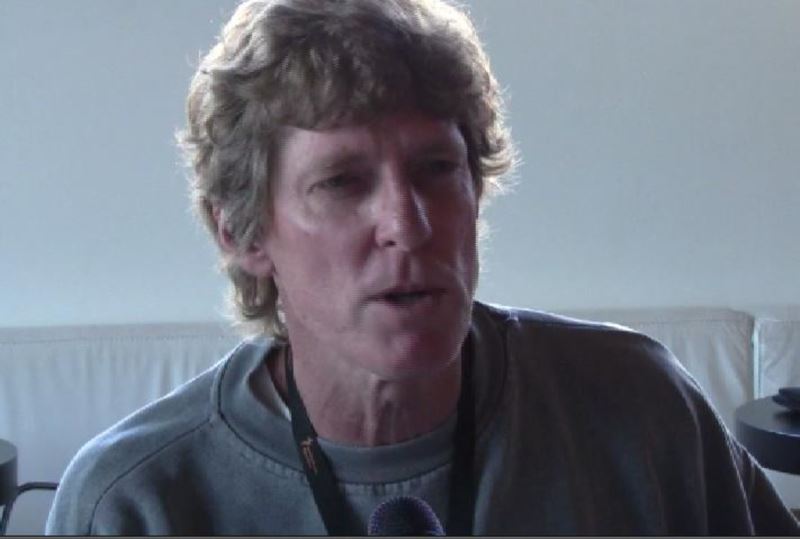Iran needs to overcome obstacles to export energy resources to EU, expert says

Iran will need some massive investment and the EU has the financial ability and the technical knowledge to help Iran realize energy export schemes to the West, the U.S. expert on Central Asia and energy issues Bruce Pannier told Trend on April 19.
"The EU of course would also like to import some of those Iranian energy resources," he said adding that the recent visit of EU foreign policy chief Federica Mogherini to Iran was symbolically a sign the day is getting closer when Iran will be exporting oil and natural gas to the EU countries.
"That is not to say that day will be soon, but that is the direction relations are moving and it is something both Iran and the EU want," Pannier said.
Federica Mogherini arrived in Iran, heading a high-ranking economic and political delegation on April 16. One of the topics of discussions during the visit was energy cooperation.
At the joint press conference with Iran's Foreign Minister Mohammad Javad Zarif in Tehran, Mogherini said that Iranian oil and gas will be an important part of European energy mix and will improve our energy security in Europe.
She also said that the EU will provide Iran with technical assistance to increase its production capacity and energy efficiency.
Pannier, however, believes that there are some obstacles to be dealt with, before Iran's energy resources could reach the EU.
European financial institutions are still wary of investing in Iran, especially because the US continues to maintain some sanctions on Iran for what Washington says is Tehran's sponsorship of designated terrorist organizations, the expert said.
He noted that in the past the U.S. has imposed large fines on entities doing business with Iran and also wishing to continue doing business with the U.S.
"Also, as Mogherini said in Tehran, Iran's recent ballistic missile tests are of concern to the EU. Should Iran continue to conduct such tests that might also scare investors away if they feel sanctions could be re-imposed on Iran," Pannier added.
There is also the complicated history of the Islamic Republic of signing agreements then demanding changes to the terms of contracts later, according to the expert.
"European businesses expressed their frustration with this Iranian habit in the past, potential European partners will want to be sure that once a deal is signed there will be no sudden demand for renegotiation," Pannier said.
He believes that once all that is sufficiently resolved Iran can start to export energy resources to the EU and the easiest means at this point would be by tanker and that could be both oil and LNG.
Realistically, with the negotiations needed to reach such deals, it would probably be four or five years at least before tankers with Iranian oil or LNG arrive at European ports, Pannier said.
"Longer term, 10 years or more, one could foresee construction of gas and/or oil pipelines from Iran to Europe. Tehran has been mentioning for more than a year that it could contribute to the EU's Southern Gas Corridor project, for example, and Iranian officials have also mentioned participation in the Trans-Anatolian [gas] Pipeline that aims to bring gas from Azerbaijan across Turkey to Europe," Pannier said.
Reportedly, Iran's daily oil output is now surpassing 3.5 million barrels per day. The country's oil export has doubled after lifting sanctions reaching 2 million barrels per day.
The lifting of sanctions could enable Tehran to become one of the major players on the world gas market.
Iran's proven gas reserve stood at 34 trillion cubic meters as of early 2015, according to BP. The country's share on the world gas market is 17 percent. The country repeatedly stated that LNG export to Europe is its priority.
---
Follow us on Twitter @AzerNewsAz
